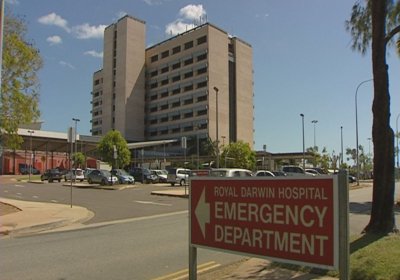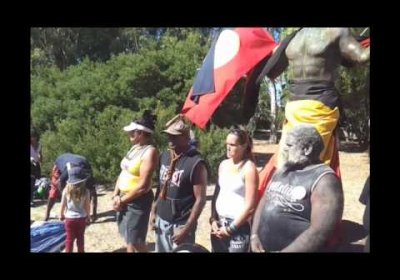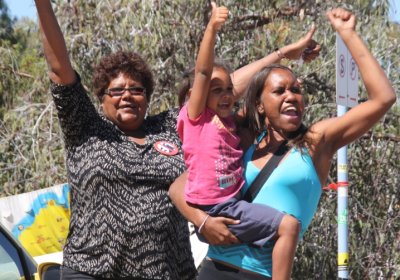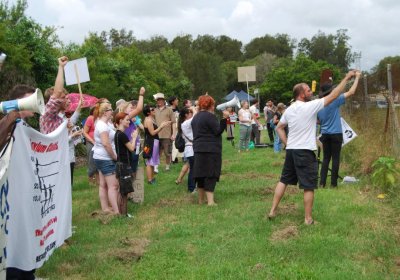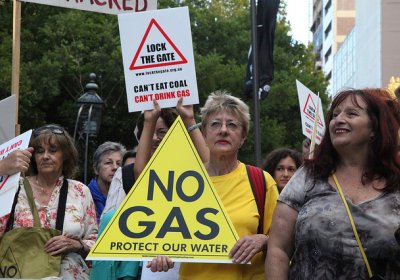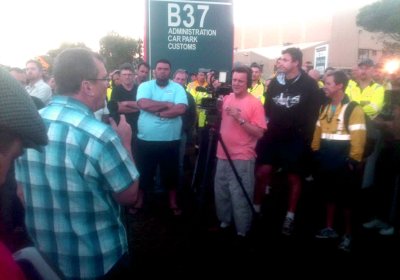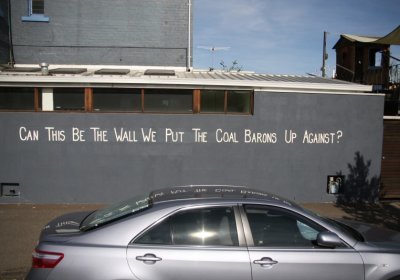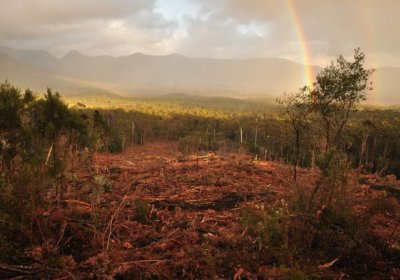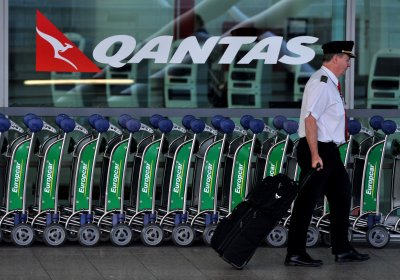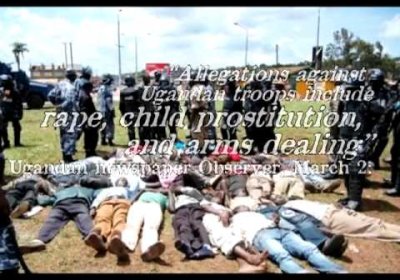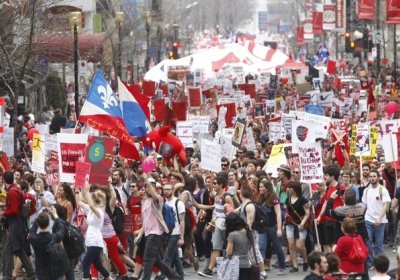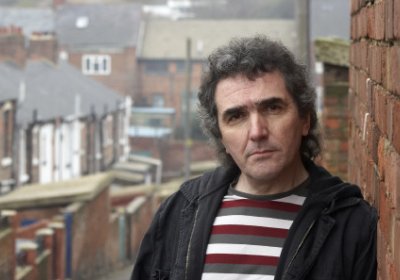Issue 916
News
The Northern Territory’s peak doctors’ body says Darwin’s main hospital is struggling to cope with up to five refugees a day coming in for treatment for self-harm, mental illness and chronic anxiety.
This video tells the story of the police invasion of the Nyoongar Tent Embassy on Thurs March 22.
This is what the Nyoongar Tent Embassy looked like before the police invaded. This photo was taken on Thursday March 22, about one hour before the police arrived.
Analysis
World
A video put together by Paul Benedek, seeking to expose the dangerous myths behind Invisible Children's viral film "Kony 2012". Is the focus on Kony justified? Should we support the Ugandan army? Will US intevention help? "Kony 2012": viral activism or viral imperialism?
Culture
Protest singers aren't always producing angry slogans to give their audience a sense of solidarity: there are some who can make you consider an issue in a new light by using well-constructed lyrics, a tuneful melody, humour, and a gently persuasive voice. Such a catalyst is Jez Lowe, a British singer/songwriter, who is touring Australia. Lowe writes specifically about life in his native north-east England, but there is such truth and universality in his writing that it appeals to audiences across the world. He is to folk song what British screenwriter Jimmy McGovern is to television.





